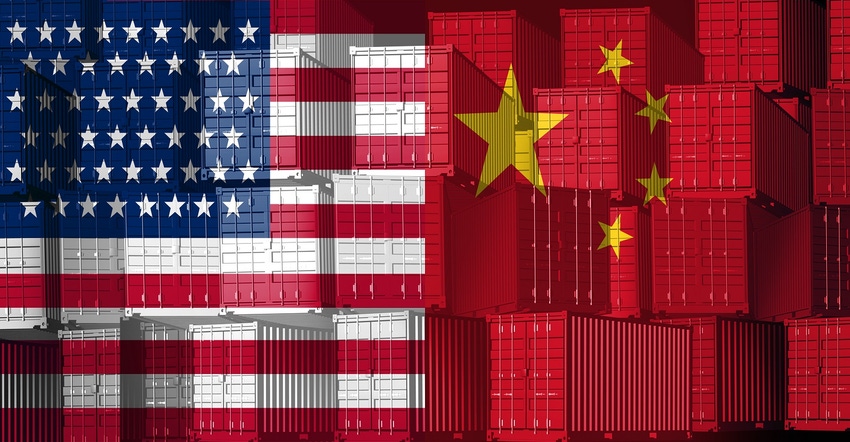Is the US Going Too Far on Restricting Tech Exports to China?
Key semiconductor trade group calls for countries to engage in dialogue, not further escalate back-and-forth trade war.

The last few years has seen mounting economic tension between the US and China, which came to a head last October when the Biden Administration announced stringent regulations on exports of advanced ICs, semiconductor manufacturing equipment, and related software and technology to China. But the sanctions have not exactly calmed down the stormy atmosphere surrounding US-China relations.
Now, a major US electronics trade group, the Semiconductor Industry Association, has seen enough. The group recently released a statement calling for a truce and cooperation on both sides.
The statement said, “Recognizing that strong economic and national security require a strong US semiconductor industry, leaders in Washington took bold and historic action last year to enact the CHIPS and Science Act to strengthen our industry’s global competitiveness and de-risk supply chains. Allowing the industry to have continued access to the China market, the world’s largest commercial market for commodity semiconductors, is important to avoid undermining the positive impact of this effort. Repeated steps, however, to impose overly broad, ambiguous, and at times unilateral restrictions risk diminishing the US semiconductor industry’s competitiveness, disrupting supply chains, causing significant market uncertainty, and prompting continued escalatory retaliation by China.”
The SIA also said, “We call on both governments to ease tensions and seek solutions through dialogue, not further escalation. And we urge the administration to refrain from further restrictions until it engages more extensively with industry and experts to assess the impact of current and potential restrictions to determine whether they are narrow and clearly defined, consistently applied, and fully coordinated with allies.”
There’s obvious concern among SIA members that the cold war between the US and China would hurt, rather than help, the US electronics industry long term by undermining the country’s ability to produce and obtain sufficient chip supplies and meet long-term industry needs and potentially risk national security.
China, for its part, has already threatened to consider restrictions on exporting gallium and germanium, two elements crucial for electronics parts. According to reports, the US produces germanium, but has no stockpiles of gallium, considered a more critical element. China reportedly produces two-thirds of the world’s rare earth metals.
Given the limited ability of the US to refine and process key raw materials for electronics, industry groups have become concerned that U.S.-imposed trade sanctions could come back to bite.
Besides the US, European nations such as the Netherlands have also imposed export trade restrictions in dealing with China.
The long-standing tension between the US and China, exacerbated by supply-chain issues due to the COVID-19 pandemic, have prompted the U.S to accelerate measures to bring manufacturing onshore, including the passing of the CHIPS Act last year.
Spencer Chin is a Senior Editor for Design News covering the electronics beat. He has many years of experience covering developments in components, semiconductors, subsystems, power, and other facets of electronics from both a business/supply-chain and technology perspective. He can be reached at [email protected].
About the Author(s)
You May Also Like





